Acres of farmland and ranchland protected in perpetuity through agricultural conservation easements.
Acres under reduced development pressure due to smart land-use planning and tax policies.
Catalyzed in federal and state funds to help farmers and ranchers adopt new conservation practices or protect their land.
Our programs are designed to move the needle on the three parts of our mission: protecting farmland, promoting sound farming practices, and keeping farmers on the land. Our relationships with farmers help us stay connected to the real-world challenges in agriculture, while also allowing us to test new concepts and models that can be scaled and replicated. In 2024, our staff trained and supported 31,750 farmers, ranchers, and landowners, 4,028 of whom were part of underserved communities. We trained or supported an additional 12,835 professionals, including land trust staff, agricultural educators, policymakers, and government employees at every level.
Our leadership of the National Agricultural Land Network has enabled us to provide training and networking spaces for land trusts, public agencies, conservation and farm organizations, planners, and policymakers. We share key data with the network’s more than 1,400 members and beyond.
AFT is the only agricultural land trust with a national scope, enabling us to take on projects that other groups can’t. We have protected farms and ranches in 26 states. In addition, we support the work of local and state land trusts across the nation. Our Buy-Protect-Sell (BPS) program is an innovative model that not only protects vulnerable farmland but then gets it into the hands of incoming farmers at an affordable price. Through our Farm Legacy program, farmers and ranchers around the country have donated property, knowing that it will be stewarded wisely.
Taken together, these efforts ensure the viability of agricultural operations and the affordability of land for future generations, mitigating the impact of climate change, and safeguarding wildlife habitats.
Our researchers maintain the nation’s best land-cover data, evaluate conservation outcomes, and study farmer demographics. Their assessments, forecasts, and state-specific tools are used by land trusts, universities, and city, county, and state agencies across the United States.
Our Farmland Information Center is the largest online collection for information on farmland and ranchland protection and stewardship in the United States. FIC staff provide practical information and technical assistance unavailable anywhere else to farmers, ranchers, landowners, and entities working to save farmland and ranchland for agriculture.
AFT has excelled in the role of convener since it was founded, uniting voices in support of conservation agriculture. Our commitment to federal and state policy that benefits farmers and ranchers—and their land—has driven initiatives that ensure a better future for everyone. AFT has played a significant role in federal Farm Bills since 1985. Our work has contributed to the improvement and expansion of federal agriculture programs that benefit farmers and ranchers like the Conservation Reserve Program (CRP), the Environmental Quality Incentives Program (EQIP), the, Farm and Ranch Lands Protection Program (FRPP) and its successor, the Agriculture Conservation Easement Program (ACEP).
Since 2020, AFT has been making direct support to farmers and ranchers through our grant programs. We have awarded more than 250 grants totaling over $4.8 million.
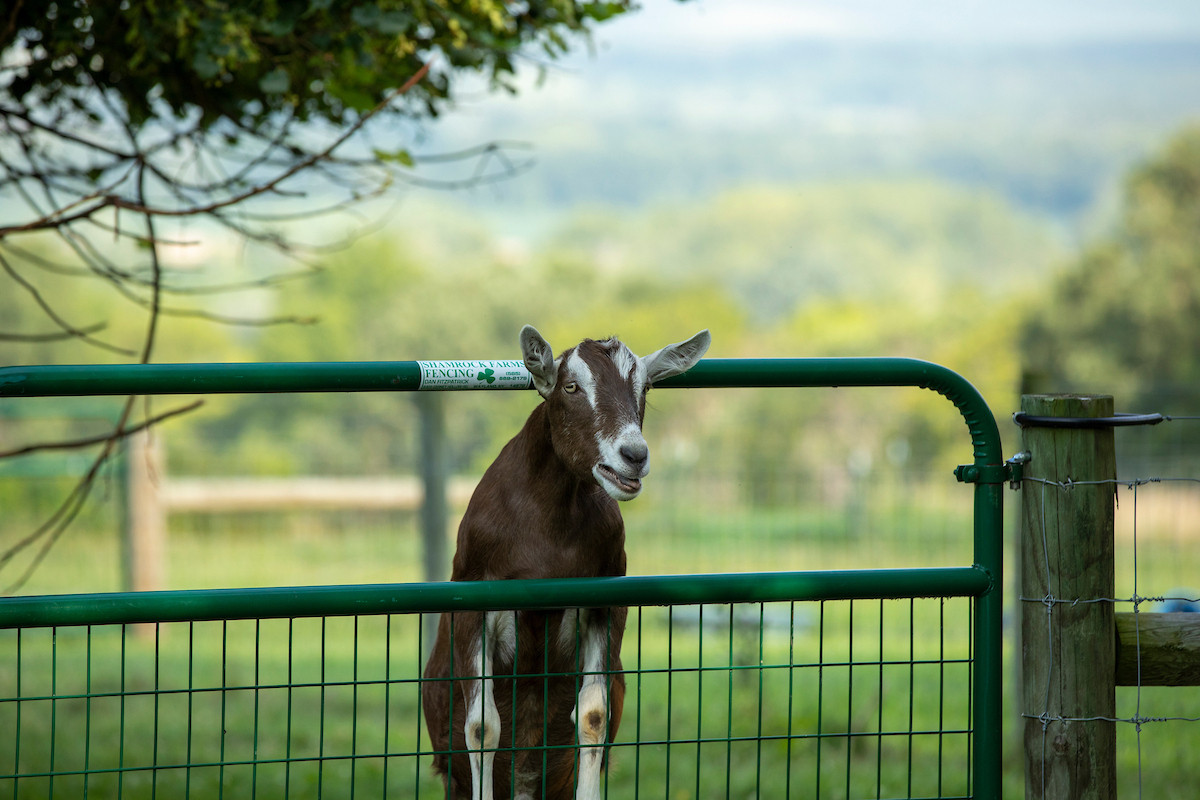
2025 Real Farmer Care Grant Recipient, Healing By Growing Farms, East Haven, Connecticut
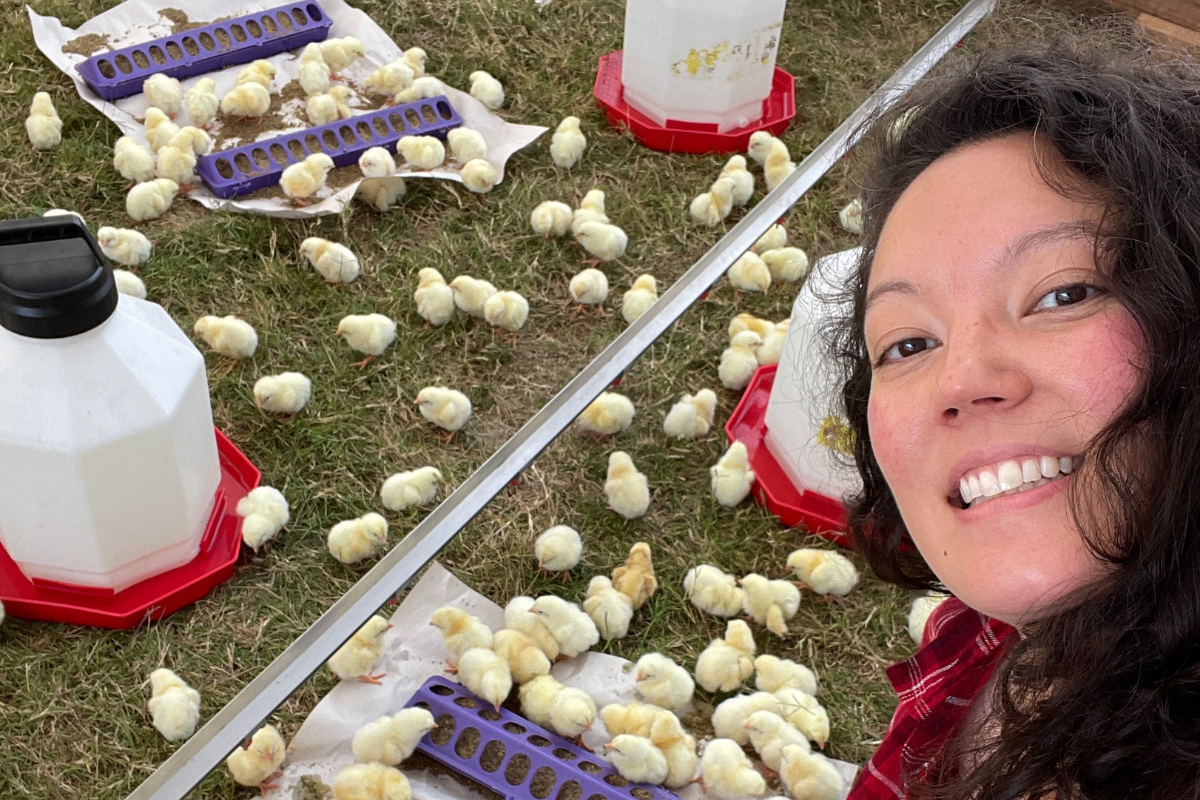
2025 Real Farmer Care Grant Recipient, Southern Sunny Acres Farm, East Texas
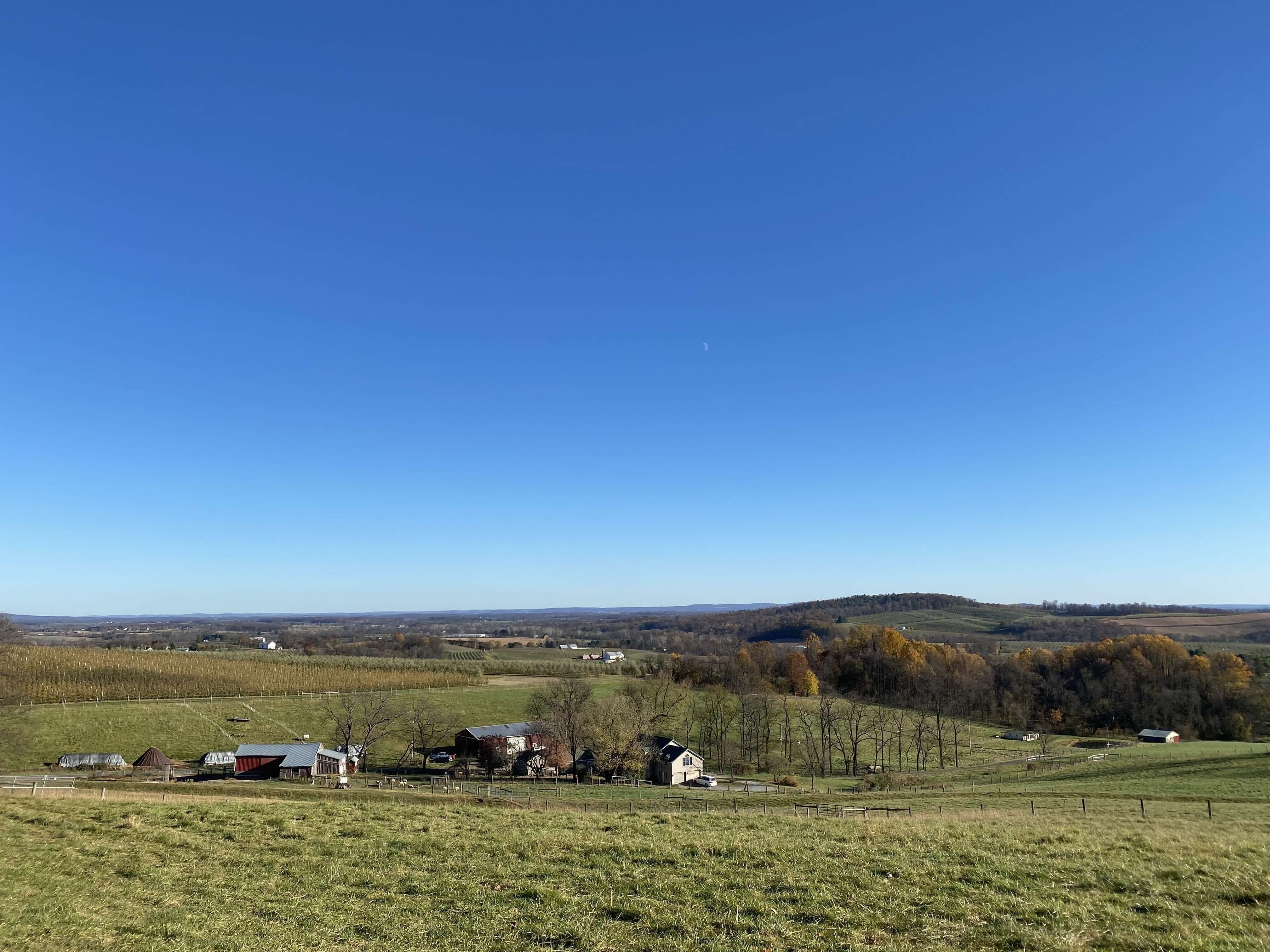
Amanda Lee-Milner grew up on Highfield Hollow Farm, an operation begun by her parents in 1972, where they raised sheep, goats, and honey. Amanda is now the primary operator of the farm, which is situated on 90 acres in Gardners, Pennsylvania, producing mostly the same products as her parents.
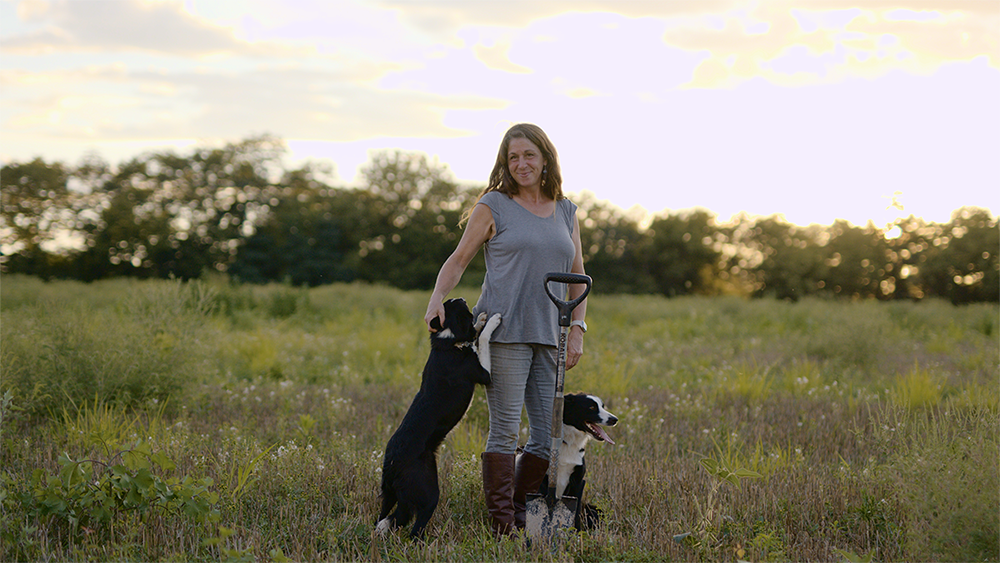
“Our food is our medicine”. For Rowan, healthy soil is not only making the land and animals healthier, but it also contributes to human health; by nourishing the soil, she can then provide nourishing food to others.
.jpg)
Nina is the full-time farm manager for Common Roots Farm, a 4.5-acre market garden farm where people with disabilities work together to grow healthy food, beautiful flowers, and build lasting friendships located in Santa Cruz, California. They will use the grant to purchase more long handled shovels, spades, metal rakes, hula hoes, a T-post pounder, wheelbarrows and gorilla carts and gorilla tubs for our farm.
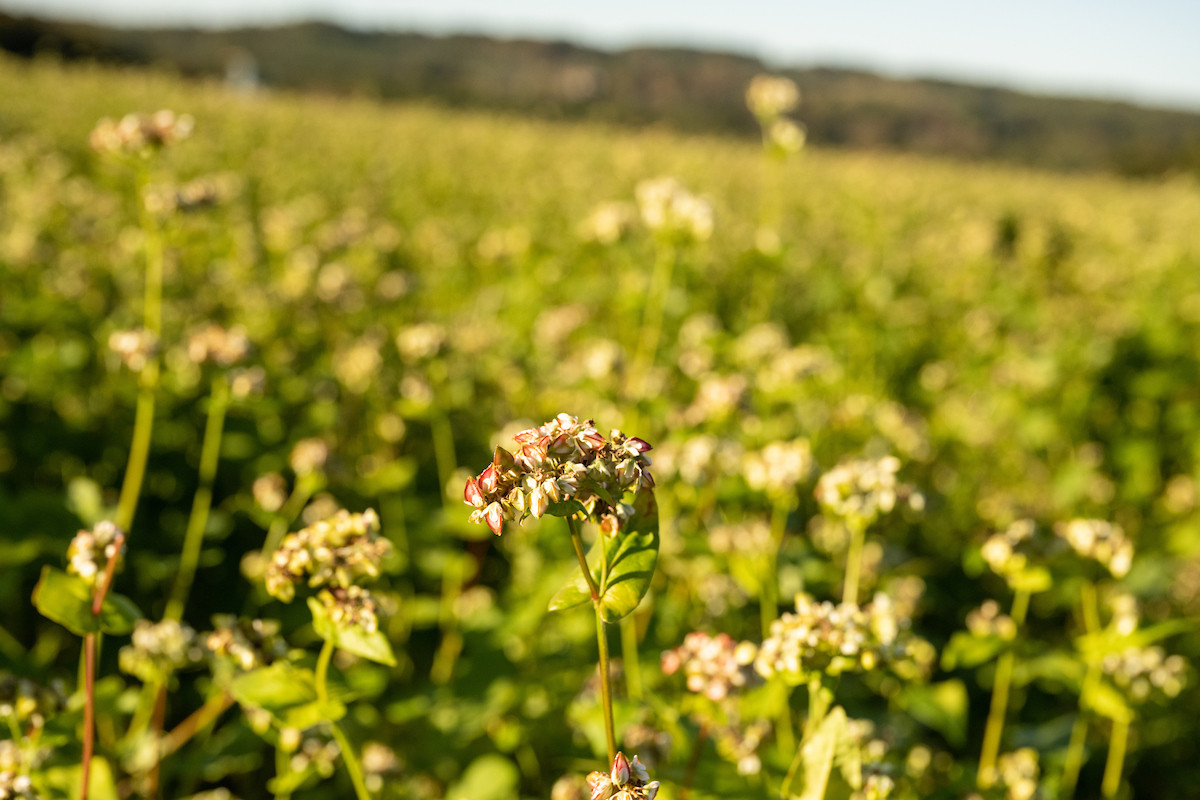
Abdi Haji of Umoja Na Uhuru (“Unity and Freedom”) World Farm operates a Community Supported Agriculture program that provides fresh vegetables for 26 families in the Boise area. He received a Brighter Future Fund grant that allowed him to continue upgrading his farm by investing in multiple pieces of equipment that allow for faster hand tilling, precision seeding, and lettuce harvesting.
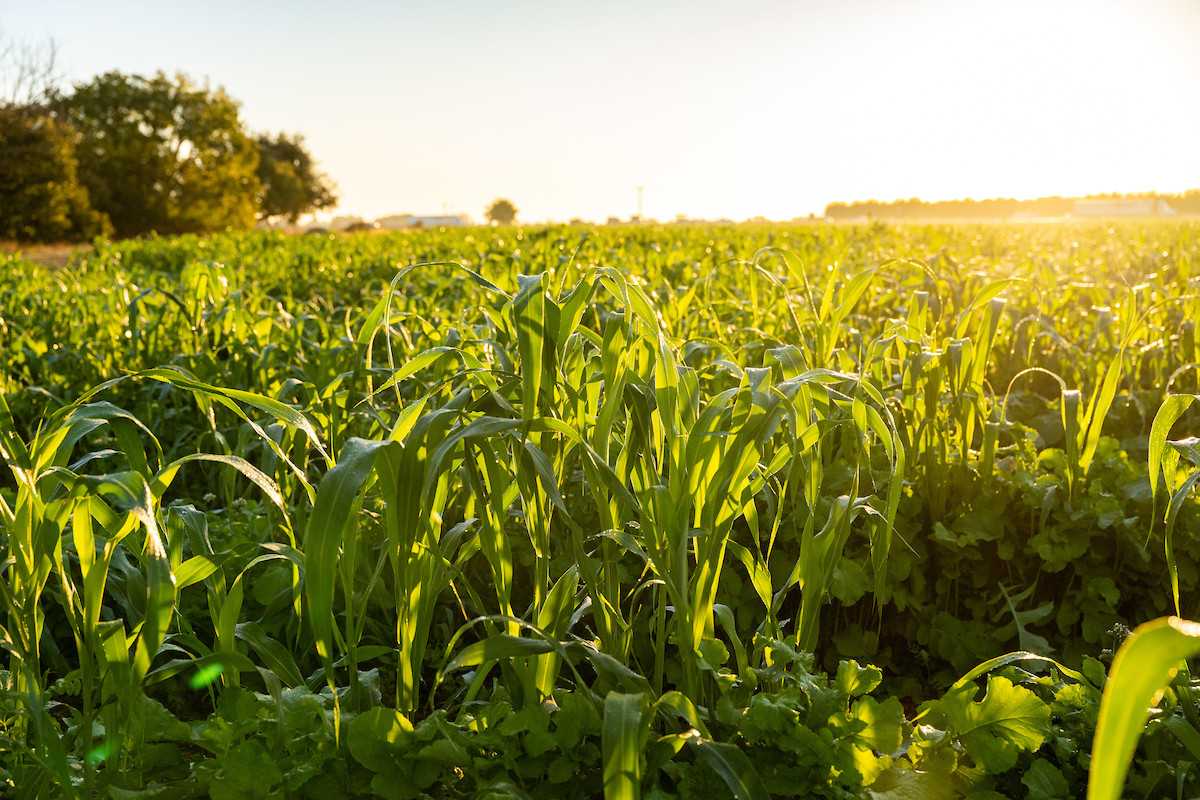
Carlos Aguilera and Lorena Mendoza own a 10+ acre farm that is Certified Organic by NOFA-NY Certified Organic, LLC, located in Ithaca, NY. Carlos is constructing a walk-in cooler for his farm with funding support from the Brighter Future Fund. Cold storage for crops through winter will help support their staff and family with income while ensuring access to healthy food for their CSA customers.
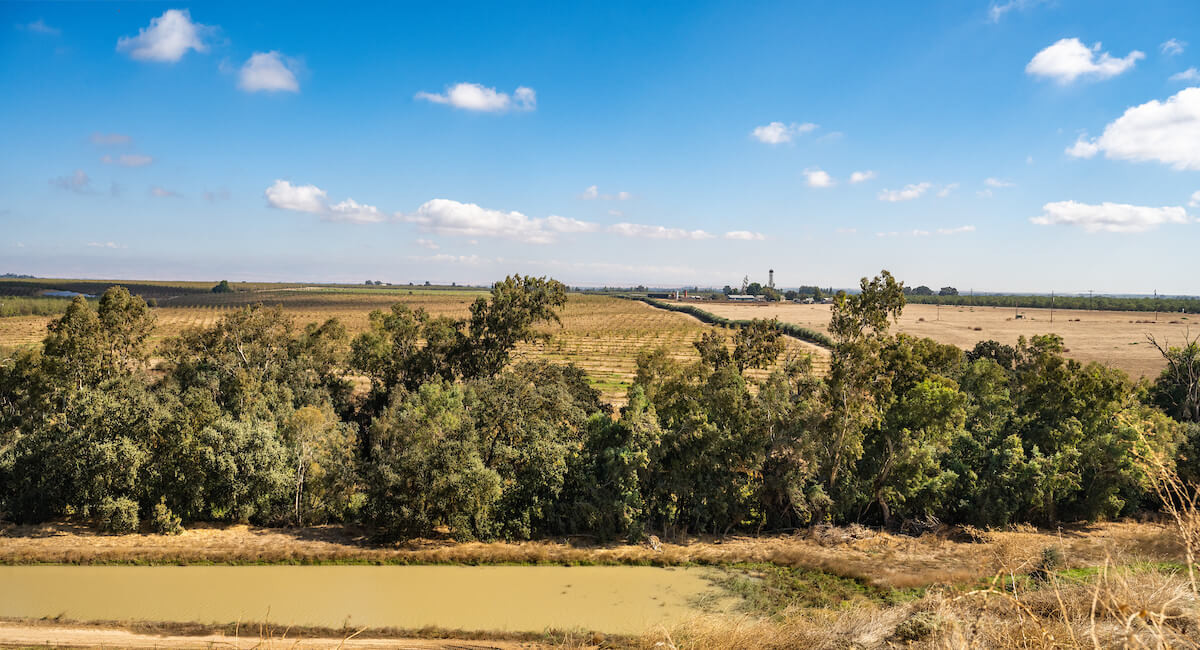
California Ranch at Bodega is using prescribed fires and grazing as ways to mitigate uncontrolled fires more effectively, cheaply, and in the case of grazing, create an economic benefit. Learn more and how AFT's Brighter Fund farm grant assisted in a water system to safely handle these prescribed burns.
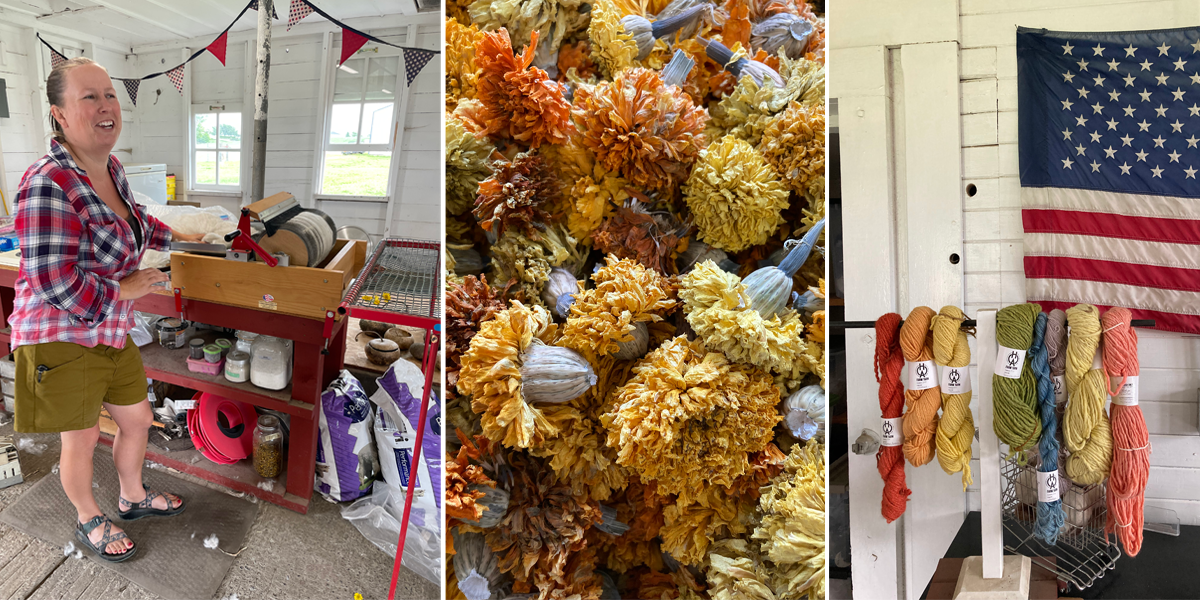
Elaine; owner of Old Homestead Alpacas in Walla Walla deals with wind that is a significant challenge to the flower subscription that she offers from the flowers she grows. She will use the Brighter Future Fund award to put up a strong chain-link slat fence on the property line that will more effectively stop the winds.
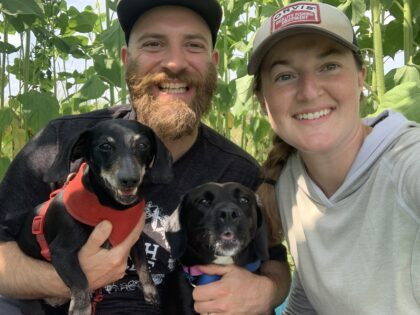
In Northern Michigan’s Upper Peninsula, Dani Fegan of Three Dogs Seed Farm is saving culturally important and climate-adapted seeds of foods, plants, and medicines for her community’s food sovereignty and security. She used the Brighter Future Fund grant money to have a groundwater well drilled on the property.
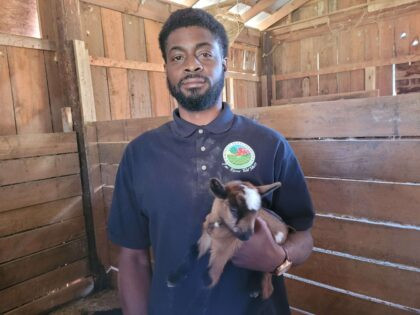
Meet Quincy with Sweet Jones Farm LLC, a family owned and operated, mixed produce Louisiana farm. They sell directly to consumers through CSA, service. Quincy is using the Brighter Future Fund award towards supporting 10 families grow their own food with raised beds, vegetable seedlings, and guidance on how to care for the plants.
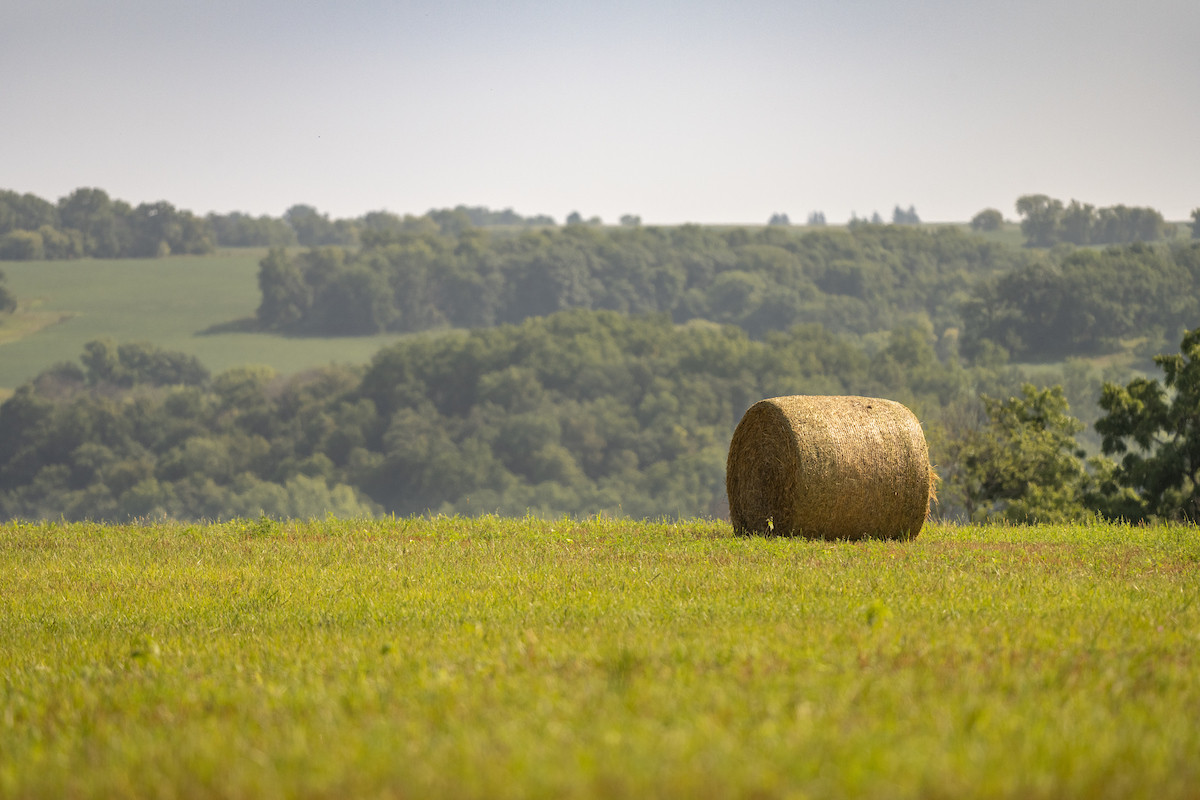
Hannah and John Doyle of Boneyard Farm specialize in pastured meat, eggs, and produce. They used the funds from their New England Farmer Microgrants Program award to build a mobile poultry processing unit, which allowed them to expand their poultry operation.